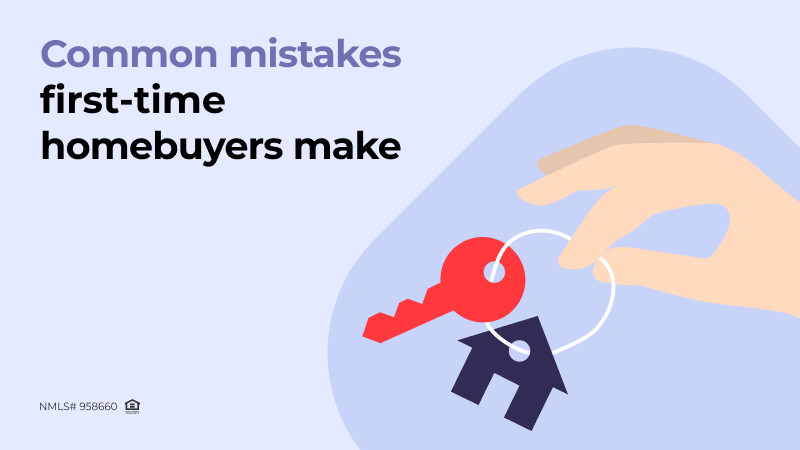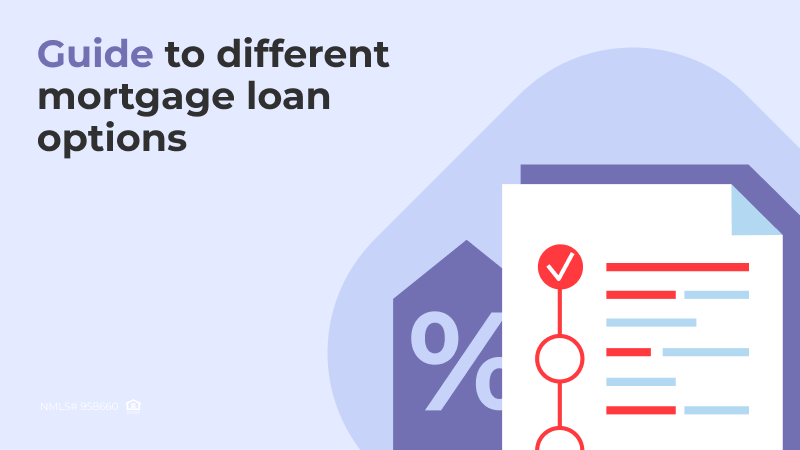Introduction: Embarking on the journey to homeownership is an exciting endeavor, but it’s essential to understand the pivotal role that credit scores play in the mortgage approval process. Whether you’re a first-time buyer or a seasoned homeowner, comprehending credit scores, their significance, and the approval process is crucial for securing the home of your dreams. In this comprehensive guide, we’ll delve into the realm of credit scores, how they impact mortgage approval, steps to enhance your creditworthiness, and the general mortgage approval process.
Credit Scores: The Cornerstone of Mortgage Approval:
- Understanding Credit Scores: Credit scores are numerical representations of your creditworthiness, indicating your ability to manage debt responsibly. The most commonly used credit score model is the FICO score, which ranges from 300 to 850. The higher your score, the better your creditworthiness.
- Importance of Credit Scores: Lenders use credit scores to assess the risk of lending to you. A higher credit score generally leads to more favorable loan terms, while a lower score might necessitate additional documentation or result in less advantageous terms.
Improving Credit Scores: Your Path to Mortgage Success:
- Review Your Credit Report: Obtain a copy of your credit report from the three major credit bureaus (Equifax, Experian, and TransUnion). Review the report for inaccuracies, discrepancies, or potential fraud.
- Pay Bills on Time: Consistently paying bills, including credit card balances and loans, on time is one of the most impactful ways to improve your credit score.
- Reduce Credit Card Balances: Lowering credit card balances can positively affect your credit utilization ratio, a key factor in credit scoring.
- Avoid Opening New Credit Accounts: Opening new credit accounts in a short span can temporarily lower your credit score. Focus on managing existing accounts responsibly.
Credit Score Requirements for Different Types of Mortgages:
- Conventional Loans: For conventional mortgages, a credit score of around 620 or higher is generally required to qualify for reasonable interest rates.
- FHA Loans: The Federal Housing Administration (FHA) offers loans with lower credit score requirements, typically around 580 or above. However, a higher credit score may lead to more favorable terms.
- VA Loans: Veterans Affairs (VA) loans provide flexible credit requirements, often requiring a minimum credit score of around 620. Nevertheless, higher scores can yield better terms.
The General Mortgage Approval Process:
- Pre-Approval: Before house hunting, it’s advisable to seek pre-approval from a lender. This involves providing financial information, allowing the lender to assess your eligibility and provide an estimated loan amount.
- Loan Application: Once you find a home, you’ll complete a formal loan application with the chosen lender. This includes submitting documentation related to your finances.
- Underwriting: The lender evaluates your application, credit score, income, debt-to-income ratio, and other factors to determine whether to approve the loan.
- Loan Approval and Closing: Upon approval, you’ll receive a commitment letter outlining the terms of the loan. After satisfying any remaining conditions, you’ll proceed to the closing, where the loan is finalized, and you become a homeowner.
Conclusion: Understanding credit scores, their influence on mortgage approval, and the general approval process is essential for anyone seeking to buy a home. By proactively working to improve your creditworthiness, researching the credit score requirements for various mortgage types, and comprehending the overall mortgage approval process, you’ll be well-prepared to navigate the path to homeownership confidently. Remember, knowledge is your greatest ally in achieving your homeownership goals.



